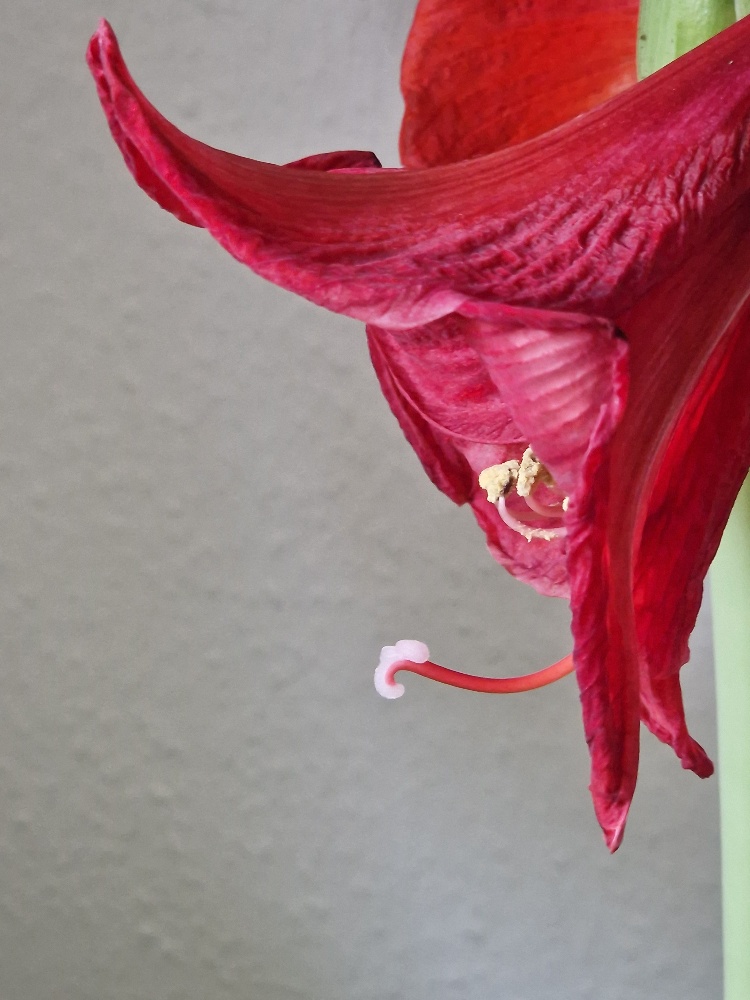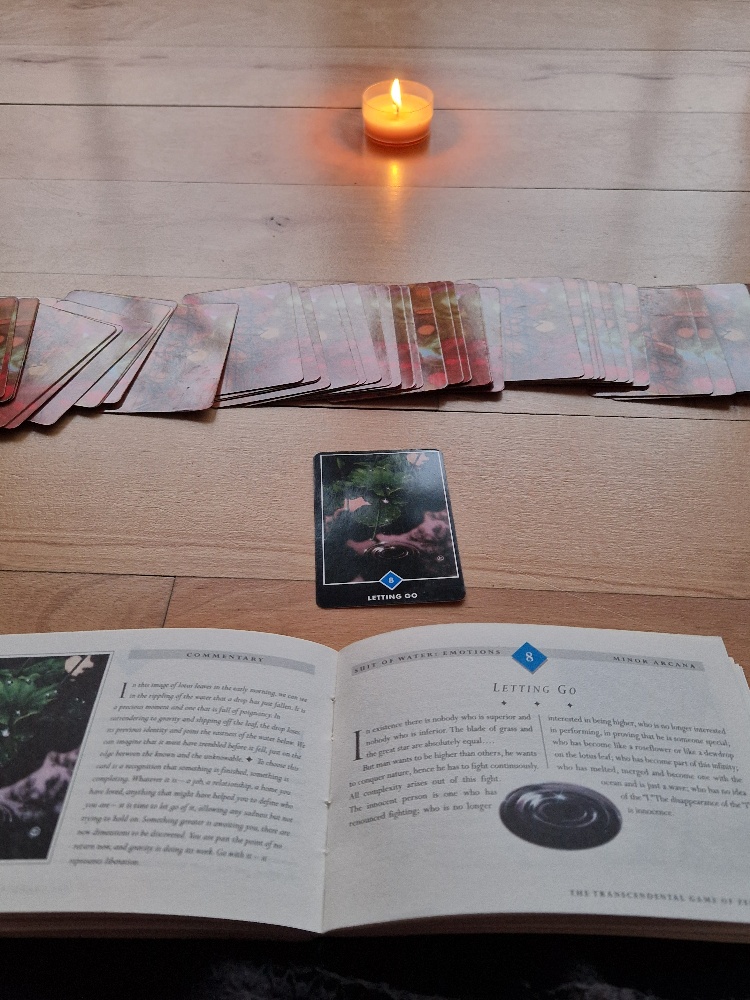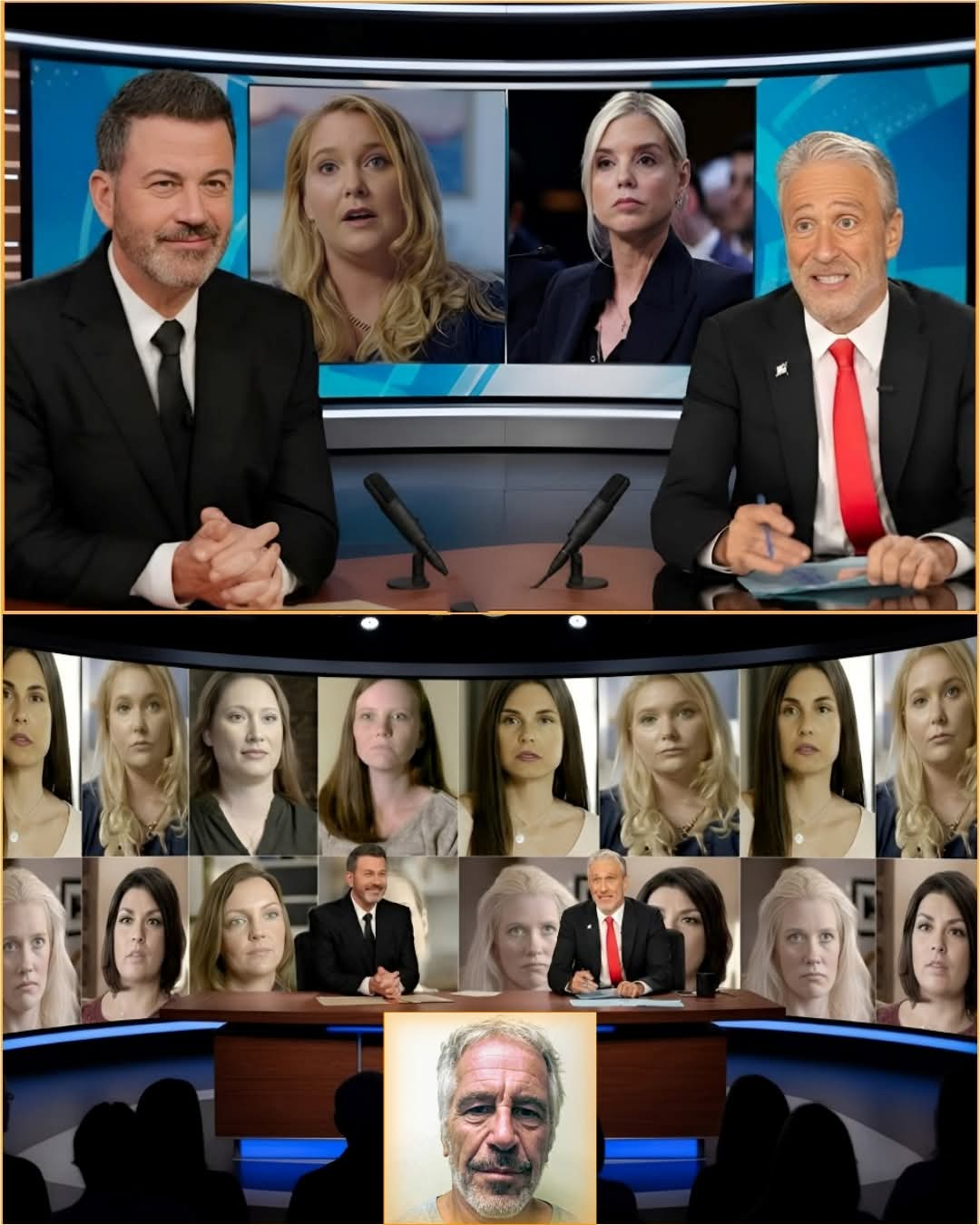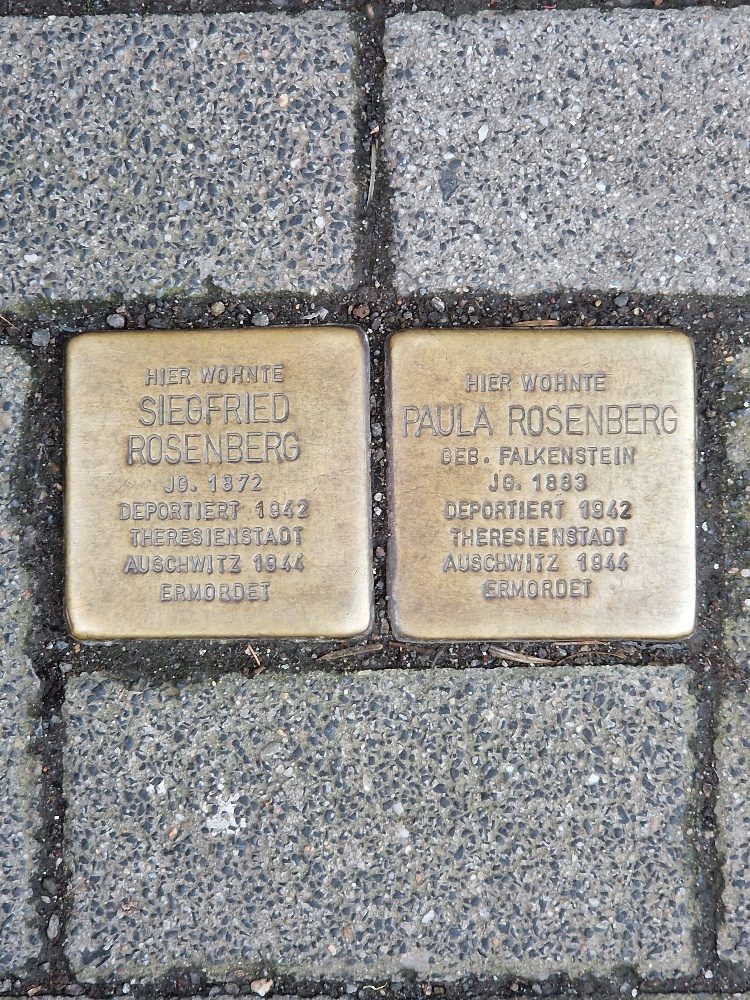Stand on your own two feet. Do your own work. Question everything. The answers cannot be given to you, even by the most eloquent philosopher or guru. Go within. Disappointment softens when we stop building pedestals in the first place, and turn back towards our own soft centre.
Jeff Foster
The truth will not necessarily set you free, but truthfulness will.
Ken Wilber, A Brief History of Everything
Thank Goodness I have walked in circles long enough to wear the soles of my shoes so thin that the diamonds on which I stand can now get my attention.
Anne Wilson Schaef, More Meditation for Women Who Do Too Much
I have had experiences again and again in the realm of the spiritual teaching and teachers that disconcerted me and left me feeling more than a little unsettled. These incidents have involved respected, even revered spiritual teachers becoming involved with their students and keeping it hidden from their respective spouses or partners for quite some time… all while teaching the world about „truth“.
This led me to getting tied up in knots of judgement, sadness, anger, even rage. In truth what lay below those layers of feelings was bewilderment, an old familiar feeling of my own violability, and grief.
This familiar sadness was not only because of the behaviour itself, but because of what it revealed about the pedestal we often place people on, especially initially our parents, and later, people of authority such as spiritual teachers.
Pedestals are dangerous. They are a manifestation of the perception disorder which afflicts most people at various times in our lives. The moment we lift someone above ordinary humanity, we are no longer able to see them clearly.
We imagine they know all the answers, that they are immune to confusion or loneliness or desire or the pull of manipulation. We expect their private choices to match the ideals they talk about in public.
When a pedestal cracks, as it invariably will, it leaves us disappointed, disillusioned, and hurt. The meaning of the word disillusioned is that we become liberated from yet another illusion.
The illusion is that there are enlightened people walking around. As Jack Kornfield points out in his beautiful book: „After the Ecstasy, the Laundry“, there are no enlightened people, only enlightened behaviour.
This deceit concerning the sexual predation of vulnerable sadhus or seekers by their gurus is not only about the behaviour of one person. It is a pattern that keeps repeating in spiritual circles. We elevate teachers, gurus, mentors, sponsors, and influencers, and are then shocked when they turn out to be as human as anyone else.
Insight does not always lead to integrity. Charisma does not usually mean honesty. Even respected philosophers or spiritual guides can struggle with the ordinary demands of daily life — relationships, parenthood, commitment, and even basic truthfulness. Sometimes people can be disingenuous in a very charismatic fashion.
As Shirzad Chamine, the founder of Positive Intelligence (PQ) and developer of the PQ Mental Fitness modality points out, transformation is made up of 20% insight and 80% practice. We must walk the talk if we are to heal, grow, and thrive.
Ken Wilber is one of the world’s leading contemporary philosophers, a man from whom I continue to learn much. In his integral theory, he braids several strands of behaviour to form a holistic concept of human development.
These four strands he refers to as: „Waking Up“, „Growing Up“, „Cleaning Up“, and „Showing Up“.
„Waking Up“ refers to spiritual awakening — the experience of transcending the separate self to realise unity with Being. The core of Eastern Philosophy, this is achieved by a lifelong practice of meditation and abiding in transcendental states of bliss, ecstasy, prayer, and contemplation.
It is the path of the Mystic, who is more interested in direct spiritual experiences of non-separation, often called enlightenment or unitive consciousness, where we recognise we are part of the whole. „You will never know the true delicacy of honey if you have never tasted it“, says my Indian spiritual guide.
This is the path from „alone“ to „All One“. If you have difficulty in grasping this, you might prefer the definition given by Osho: „Not Two“.
„Growing Up“, on the other hand, signifies psychological and emotional maturity through developmental stages (like from egocentric to world-centric), leading to a broader, more complex understanding of reality and self. This has been the path of Western philosophy since Ancient Greece and was given a boost by the emergence of depth psychology in the latter half of the 19th century.
Freud, Adler, Frankl, and Jung (all German native speakers!) were the pioneers here. The basic concept is the achievement of expansion of consciousness by „getting to know ourselves better“ as a wise person shared one time in a Twelve Step Recovery meeting.
Waking up and growing up are not separate, but intertwined paths: true development integrates spiritual insight („Waking Up“) with psychological depth („Growing Up“).
If we observe the proliferation of Eastern Philosophy to the West after World War II, we find many Eastern teachers, often sent to the West by their own Gurus to carry the message, who, because they were highly awake but insufficiently grown up, falling into the traps of predatory sexual behaviour and other egoic behaviours that line both sides of the narrow path of spiritual development.
This behaviour is not confined to Eastern teachers, of course. We find it, unfortunately, in every walk of life, among clerics, sports coaches, parents, Twelve Step sponsors, life coaches, therapists, teachers in school, etc. We could continue the list ad infinitum.
Wilbur adds two further fields of development to complete his integral theory of the attainment of our true human potential. These are „Cleaning Up“ (shadow work) and „Showing Up“ (service).
„Cleaning Up“ (shadow work) involves the psychological and emotional maturation process, moving through increasing levels of complexity and awareness, from basic to advanced stages (e.g., pre-personal, personal, transpersonal, etc.).
When I entered recovery in 2003, I figured „I was the only good guy left“. So much for perception disorder! The Twelve Steps have helped me gain insight, empathy, compassion, and a wider world-view (e.g., moving from tribal to global consciousness).
This an on-going process that continues at least until we take our final breath in this incarnation. The school of depth psychology founded by Carl Gustav Jung is my guide and inspiration for this process.
Here, we identify, embrace, address, and integrate our own psychological pitfalls, triggers, and unconscious patterns of thinking, feeling, and behaving (the „shadow“). This cannot be achieved without facing our personal darkness and experiencing some of the original pain of childhood trauma, which explains why most of us would prefer to be distracted all of the time. It is no accident that we live in an era of the „weapons of mass distraction“.
„The cave we fear to enter holds the treasures that we seek,“ is the reminder that Joseph Campbell — a student of Jung — has given us.
It is an endeavour that is well worth the effort. The result will be the reclaiming of our „True Self“ which we abandoned very early in life when we decided we needed to adopt a „False Self“ (the „Mask“) in order to survive. This shift from false self to true Self is the definition of cultivating Emotional Sobriety.
Finally, we have „Showing Up“ This is the realm of service and manifestation, achieved by bringing awakened consciousness and mature selfhood into the world through purposeful action, serving humanity, and the greater good.
The twelfth of the Twelve Steps calls us to „carry the message to those who still suffer and practice the principles (of love) in all our affairs“, meaning family, relationships, work, community, society, cosmos, etc. In fact, in recovery we become familiar with the paradox that „to remain emotionally sober we must give our sobriety away“.
Returning to the topic of pedestals, we can learn to stop placing people above ourselves. Stop handing them a power they cannot carry. This applies even an external image of God!
In the Big Book of AA, written in 1938 and now the template for a profusion of recovery fellowships throughout the world, we read that: „Deep down in every man, woman, and child is the fundamental idea of God…. We found the Great Reality deep down within us. In the last analysis it is only there that God may be found.“
Therefore, we should stand on our own two feet. Do our own work. Question everything. The answers cannot be given to us, even by the most eloquent philosopher or guru.
We go within.
Recovery, involving spiritual development, healing, and growth is an inner job!








